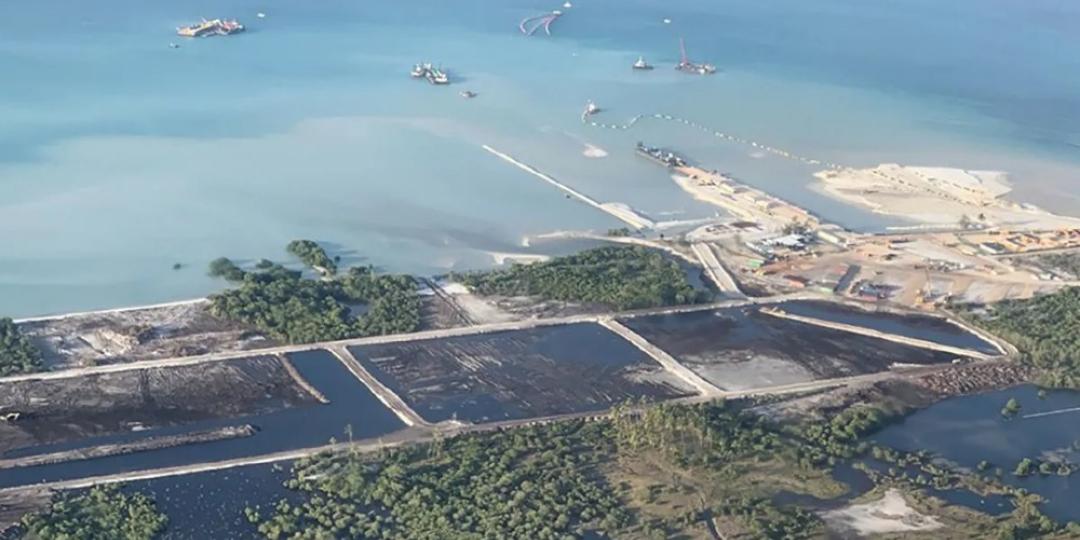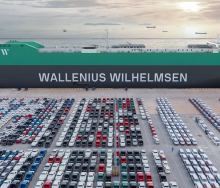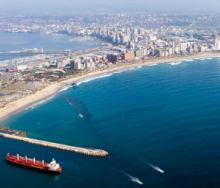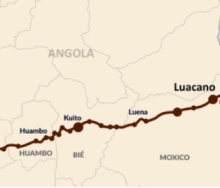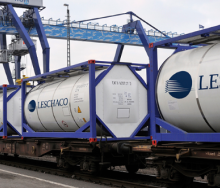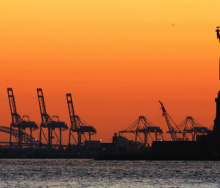TotalEnergies SE and the French multinational’s partners in a liquefied natural gas (LNG) project in Mozambique have agreed to invest millions of dollars into the local economy, indicating that the long-delayed LNG project may soon recommence.
The companies will establish a $200 million foundation to promote economic growth, as announced by Total on Tuesday.
The French company, eager to resume construction after an insurgency linked to the Islamic State forced a halt over two years ago, also referenced an independent report that demonstrates improvements in the local humanitarian situation.
According to New York investment firm, Jefferies, Total is "one step closer to a Mozambique LNG restart."
In a research note, analysts from Jeffries stated: "The human rights report confirms improvements in the security conditions in the Cabo Delgado area while validating the Mozambique LNG project in terms of its social impact."
Total, which owns a 26.5% stake in the Mozambique LNG venture, declared that it would establish a dedicated foundation for socioeconomic development in Cabo Delgado.
Additionally, the company mentioned that arrangements for relocating local families and associated compensation will be reviewed, with an acceleration of payments.
The $20 billion LNG project, an amount exceeding Mozambique's entire gross domestic product, has the potential to bring about transformational changes for the country, but progress has been impeded by waves of militant attacks.
Following improvements in the security situation over the past year, the report "recommends reviewing the framework of relations between Mozambique LNG and the Mozambican Defense Forces," stated Total.
"Mozambique LNG has initiated a dialogue with the authorities towards this objective."
Total announced in February that it would consider resuming construction based on the report's findings, but the focus now shifts to costs.
Last week, Total emphasised that the partners' expenditure must not increase following the two-year hiatus – an undertaking that may prove challenging given the surge in global inflation.
